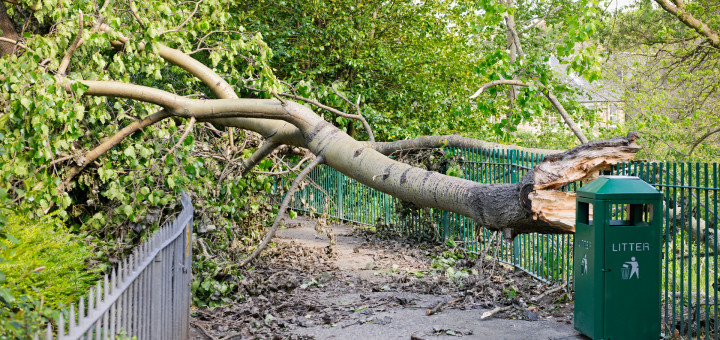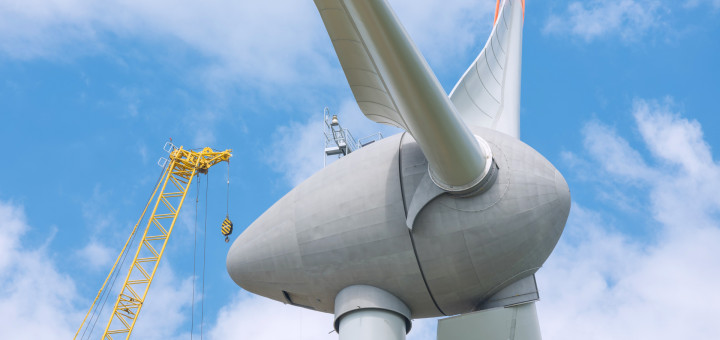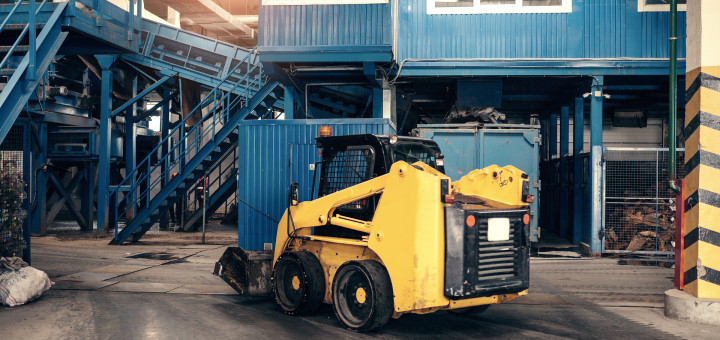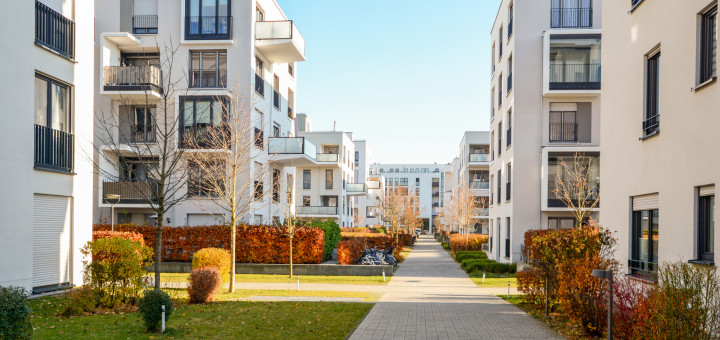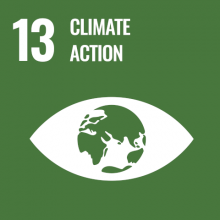
Energy
Many UBC cities are aiming at reaching carbon neutrality by 2030. In this process of reaching the carbon neutrality goals in the energy sector, it is vital to reduce the consumption of fossil-based energy in both public and private sectors.
Energy questions are of high importance in the regions, both from the sustainability and the economic point of view. Improving energy efficiency and reducing emissions is also a visible and strong indication of the commitment to reducing the environmental impact in the public administration's operations. Achieving comprehensive energy efficiency requires active, practical action and cooperation between different administrations. Abandoning fossil energy sources and improving energy efficiency with innovative solutions are steps towards more sustainable energy consumption and production.
UBC cities take a range of approaches to promote energy efficiency, for example by supporting the work with Sustainable Energy and Climate Action Plans (SECAPs). Using energy more efficiently is one of the fastest, most cost-effective ways to save money, reduce greenhouse gas emissions, create jobs, and meet a growing energy demand. Cities should focus especially on areas that they can directly influence, such as energy efficient renovation of buildings, increasing share of renewable energy, heating and cooling, urban lighting and sustainable transportation, among others. To reach the carbon neutrality targets, citizens also need to be engaged. One way is to increase citizen’s knowledge on energy efficiency and on how to save energy in private households. One of five core topics for the UBC Sustainability Action Programme 2030 is developing energy-smart cities.

